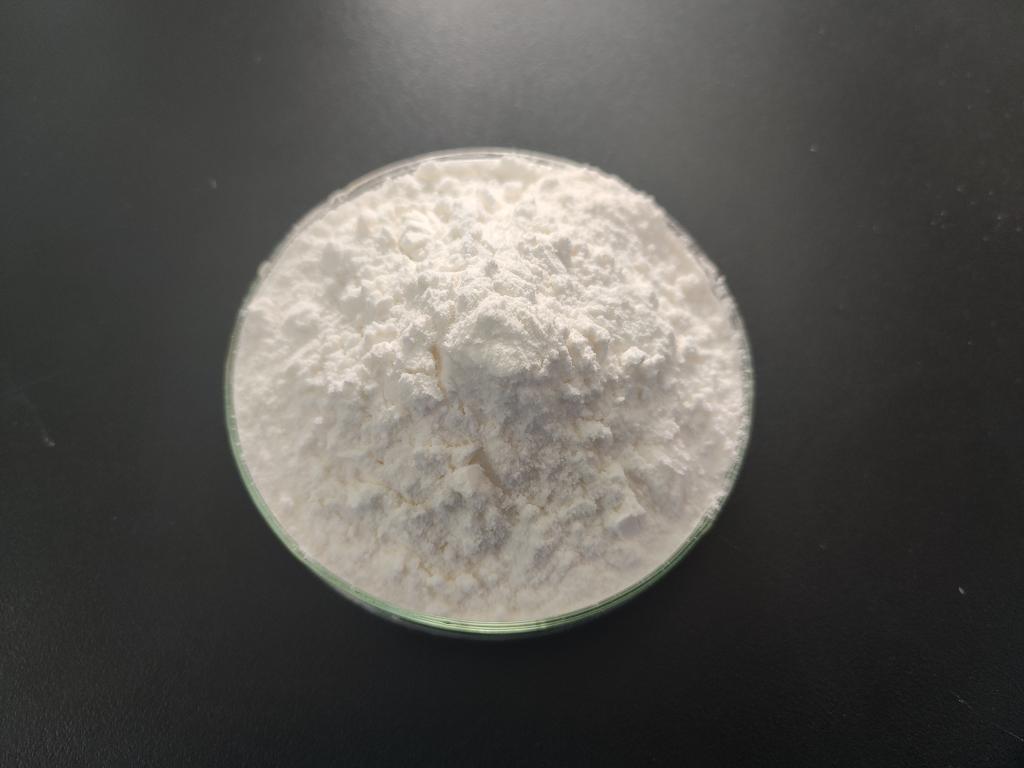Tel:0086 18231198596

News
ε-Polylysine Hydrochloride in Precision Aquaculture: Promoting Healthier Fish Farming
TIME:2024-03-06
Precision Aquaculture: An Overview
1. Technological Integration
Precision aquaculture involves the integration of cutting-edge technologies, including sensors, data analytics, and automation, to optimize farming practices and enhance production efficiency.
2. Data-Driven Decision-Making
Real-time data collection and analysis enable fish farmers to make informed decisions about feeding, health monitoring, and environmental conditions, thereby improving overall farm management.
Challenges in Fish Farming
1. Disease Outbreaks
Disease outbreaks pose a significant threat to aquaculture, leading to economic losses and impacting the sustainability of fish farming operations.
2. Water Quality Management
Maintaining optimal water quality is crucial for the health and well-being of farmed fish. Issues such as nutrient imbalance, oxygen levels, and pathogenic microorganisms can affect water quality.
3. Environmental Sustainability
The environmental impact of aquaculture, including effluent discharge and habitat alteration, requires careful consideration to ensure sustainable practices and minimize ecological footprint.
Understanding ε-Polylysine Hydrochloride
1. Natural Antimicrobial Properties
Derived from microbial fermentation, ε-Polylysine Hydrochloride possesses natural antimicrobial properties, making it effective against a broad spectrum of bacteria, viruses, and fungi.
2. Biodegradability and Environmental Safety
One of the key advantages of ε-Polylysine Hydrochloride is its biodegradability, ensuring minimal environmental impact as it breaks down into harmless byproducts.
3. Application Versatility
The compound's versatility allows for various applications, including disease prevention, water quality enhancement, and the promotion of a healthier aquaculture environment.
Potential Applications of ε-Polylysine Hydrochloride in Aquaculture
1. Disease Prevention and Control
Incorporating ε-Polylysine Hydrochloride into fish feed or directly into the water can help prevent and control the spread of pathogens, reducing the risk of disease outbreaks.
2. Water Quality Enhancement
The antimicrobial action of ε-Polylysine Hydrochloride contributes to maintaining better water quality by reducing harmful microorganisms, preventing nutrient imbalance, and improving overall environmental conditions.
3. Promoting Sustainable Practices
The use of ε-Polylysine Hydrochloride aligns with sustainable aquaculture practices by providing a natural and eco-friendly solution for disease management without adverse environmental effects.
Case Studies and Success Stories
1. Improved Disease Resistance
Studies in aquaculture settings have demonstrated that the incorporation of ε-Polylysine Hydrochloride in fish diets improves disease resistance, resulting in healthier and more robust fish populations.
2. Enhanced Water Quality
Aquaculture facilities implementing ε-Polylysine Hydrochloride have reported improvements in water quality parameters, including reduced microbial load and enhanced oxygen levels, contributing to overall farm sustainability.
Implementing ε-Polylysine Hydrochloride in Precision Aquaculture
1. Collaboration with Aquaculture Experts
Collaboration between ε-Polylysine Hydrochloride producers, aquaculture researchers, and fish farmers is essential to optimize application methods, dosages, and assess the compound's effectiveness in different fish species.
2. Technology Integration
Integrating ε-Polylysine Hydrochloride application with precision aquaculture technologies allows for precise dosing, monitoring, and data-driven adjustments, enhancing its overall impact on fish health and water quality.
Challenges and Considerations
1. Regulatory Approval
Navigating regulatory frameworks and obtaining approval for the use of ε-Polylysine Hydrochloride in aquaculture requires adherence to safety standards and environmental regulations.
2. Cost-Benefit Analysis
Fish farmers need to assess the cost-effectiveness of incorporating ε-Polylysine Hydrochloride into their operations, considering potential benefits such as reduced disease-related losses and improved production.
Future Perspectives and Research Opportunities
1. Species-Specific Research
Further research is needed to understand the species-specific effects of ε-Polylysine Hydrochloride, ensuring its efficacy and safety across a variety of commercially important fish species.
2. Integrated Aquaculture Systems
Exploring the integration of ε-Polylysine Hydrochloride into multi-trophic aquaculture systems could provide comprehensive solutions that benefit both fish health and the surrounding environment.
Conclusion
Precision aquaculture offers a transformative approach to fish farming, leveraging advanced technologies for efficient and sustainable practices. ε-Polylysine Hydrochloride emerges as a valuable tool in this context, providing a natural and effective solution for disease prevention and water quality enhancement. As the aquaculture industry evolves towards precision and sustainability, the integration of ε-Polylysine Hydrochloride holds promise in promoting healthier fish farming practices. Collaborative efforts, ongoing research, and a commitment to environmentally friendly solutions are essential for realizing the full potential of ε-Polylysine Hydrochloride in precision aquaculture, ensuring a resilient and sustainable future for the global fish farming industry.

 CONTACT
CONTACT




